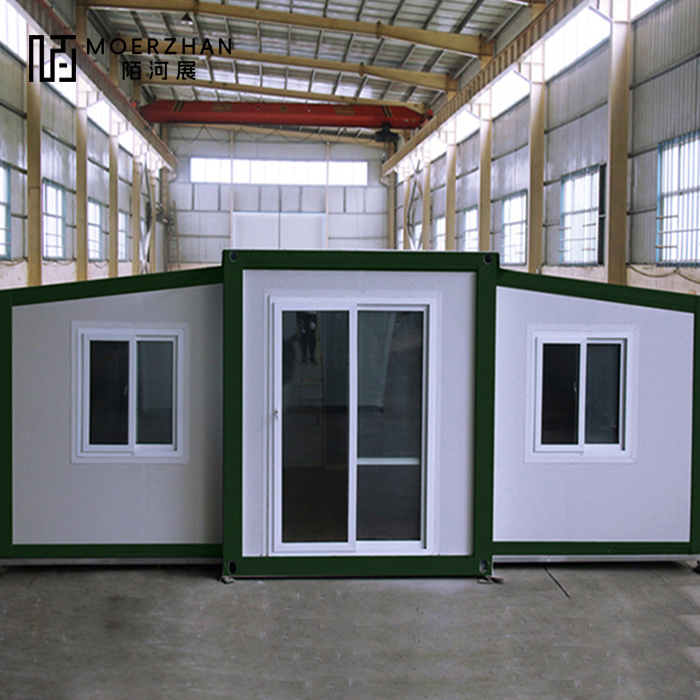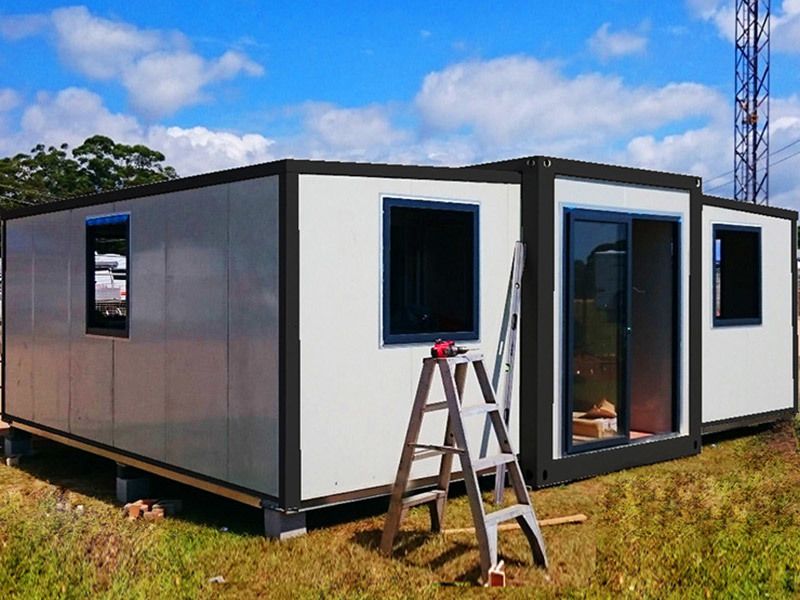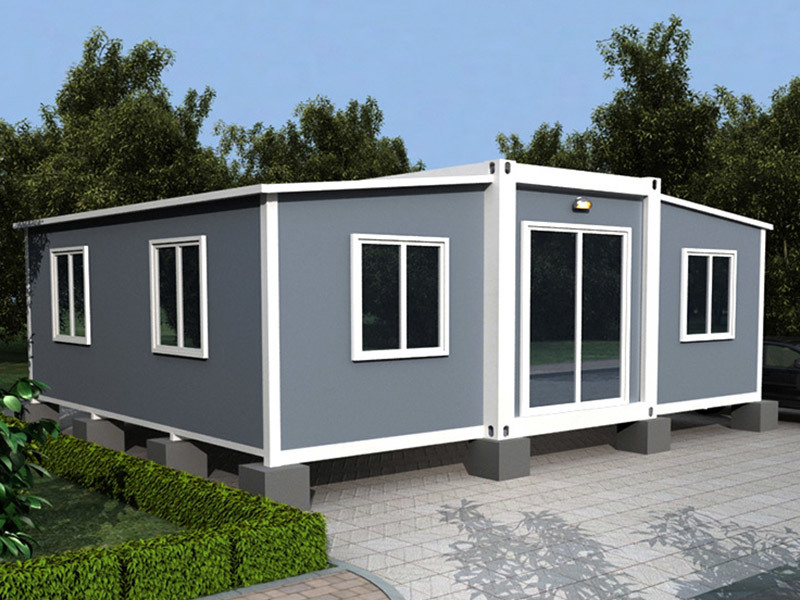Committed To Providing Customers With One-Stop Integrated Housing Solutions
Exploring the Benefits and Design Potential of Unfolding Container Houses
Jun 12,2025

Unfolding container houses are a revolutionary trend in the field of architecture, uniquely combining sustainability with innovative design. These structures utilize repurposed shipping containers, transforming them into functional living spaces that can be adapted to various needs and environments. The concept of unfolding container houses revolves around modularity and flexibility, allowing for quick assembly and disassembly, making them an attractive option for both permanent residences and temporary housing solutions.
One of the primary advantages of unfolding container houses is their environmental impact. By repurposing shipping containers, which are often left unused after their initial shipping purpose, these homes contribute to reducing waste and promoting recycling. This eco-friendly approach aligns with a growing emphasis on sustainable building practices, appealing to environmentally conscious consumers.
Another significant benefit of unfolding container houses is their cost-effectiveness. Traditional building materials and methods can be costly and time-consuming. In contrast, container houses often require less time to construct and can be more affordable, depending on the design and customization options chosen. This makes them an appealing choice for first-time homeowners or those looking for budget-friendly housing solutions.
Design versatility is another hallmark of unfolding container houses. These structures can be tailored to fit a variety of aesthetic preferences, from minimalist modern designs to more eclectic styles. Architects and designers can easily modify the layout and materials used in the construction process, allowing for customization that meets the specific needs of the occupants. Moreover, the modular nature of container houses allows for easy expansion, should the need arise.
Additionally, unfolding container houses can be designed to be energy-efficient. By incorporating solar panels, green roofs, and insulation materials, these homes can significantly reduce energy consumption and utility costs. This aspect of design not only benefits the environment but also contributes to the long-term financial savings for homeowners.
However, potential homeowners should consider the zoning regulations and building codes in their area, as these can vary significantly. Ensuring compliance with local laws and regulations is crucial when planning the construction of unfolding container houses. Collaborating with experienced architects and builders who understand these requirements can facilitate a smoother building process.
In conclusion, unfolding container houses represent a forward-thinking solution in the realm of architecture and sustainable living. Their benefits—ranging from environmental sustainability and cost-effectiveness to design versatility—make them an enticing option for those seeking modern housing solutions. As the trend continues to grow, we are likely to see even more innovative designs and applications emerge, further establishing the role of unfolding container houses in contemporary architecture.
One of the primary advantages of unfolding container houses is their environmental impact. By repurposing shipping containers, which are often left unused after their initial shipping purpose, these homes contribute to reducing waste and promoting recycling. This eco-friendly approach aligns with a growing emphasis on sustainable building practices, appealing to environmentally conscious consumers.
Another significant benefit of unfolding container houses is their cost-effectiveness. Traditional building materials and methods can be costly and time-consuming. In contrast, container houses often require less time to construct and can be more affordable, depending on the design and customization options chosen. This makes them an appealing choice for first-time homeowners or those looking for budget-friendly housing solutions.
Design versatility is another hallmark of unfolding container houses. These structures can be tailored to fit a variety of aesthetic preferences, from minimalist modern designs to more eclectic styles. Architects and designers can easily modify the layout and materials used in the construction process, allowing for customization that meets the specific needs of the occupants. Moreover, the modular nature of container houses allows for easy expansion, should the need arise.
Additionally, unfolding container houses can be designed to be energy-efficient. By incorporating solar panels, green roofs, and insulation materials, these homes can significantly reduce energy consumption and utility costs. This aspect of design not only benefits the environment but also contributes to the long-term financial savings for homeowners.
However, potential homeowners should consider the zoning regulations and building codes in their area, as these can vary significantly. Ensuring compliance with local laws and regulations is crucial when planning the construction of unfolding container houses. Collaborating with experienced architects and builders who understand these requirements can facilitate a smoother building process.
In conclusion, unfolding container houses represent a forward-thinking solution in the realm of architecture and sustainable living. Their benefits—ranging from environmental sustainability and cost-effectiveness to design versatility—make them an enticing option for those seeking modern housing solutions. As the trend continues to grow, we are likely to see even more innovative designs and applications emerge, further establishing the role of unfolding container houses in contemporary architecture.
Hot Tags:
Contact Us
E-mail:
Phone/WhatsApp:
Address:
No. 132 Renmin West Road, Fucheng County, Hengshui City, Hebei Province



